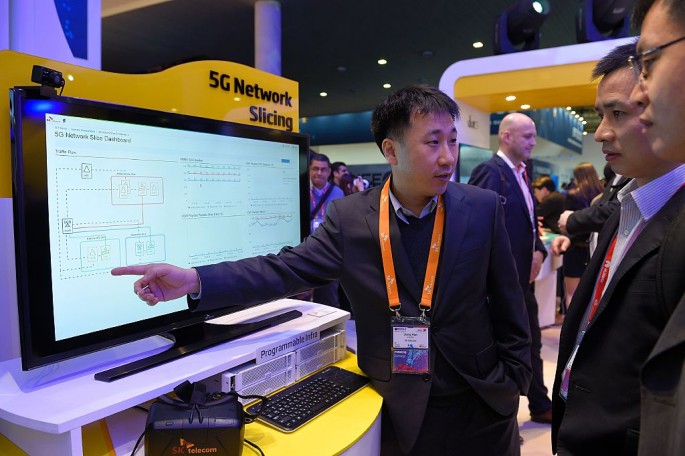The world's biggest names in telecommunications are racing to get ahead in the 5th generation (5G) wireless technology, spending heavily to set the technological standard and earn billions in patent fees, the Global Times reported.
China, with its huge investments in telecom enterprises and advanced technology, may have a better position in the sector, although the U.S. has made significant breakthroughs in 5G network.
On July 14, the White House website announced the granting of $400 million to support to the Advanced Wireless Research Initiative, which was expected to benefit mobile users such as in the faster downloading of full-length, high-definition movies.
The initiative is also seen to help rescuers and emergency doctors with real-time videos and sensor data from police, such as patient's vital and medical records.
"There can be little doubt that the U.S.'s big budget is meant to help the country control the next generation of mobile technology," Wang Yanhui, secretary-general of the Mobile China Alliance, said.
At a U.S. congressional sub-committee hearing on Tuesday, July 19, U.S. Federal Communications Commission (FCC) Chairman Tom Wheeler expressed the importance of 5G to the government.
"5G can put this country, its manufacturers, its entrepreneurs and innovators on ... a home-field advantage," Wheeler was quoted as saying in a USA Today report.
Wang however, said that setting a 5G standard takes more than having a criteria for the new technology and those with more money can have a more dominant voice in formulating the international 5G standard and get more benefits from it.
"The standard is made up of numerous patents," Wang said. "Enterprises with a voice can collect a large number of patent fees. In addition, they can obtain greater market share due to their advanced technology and early entry into the market."
"Along with the patent fees, the companies who influence the standard can earn profits by selling their products," Chen Wei, a senior consultant at the investment consultancy China Venture, said.
The FCC said that 5G technologies will enable data transfer at speeds that are 10 to 100 times faster than 4G.
But Wang said that connectivity with devices may be more important.
"4G mainly applies to mobile communications, but the application of 5G will be far broader. It will expand mobile data connections to cars and the Internet of Things," Wang told the Global Times.
At an industry summit in Shanghai in June, China Mobile Vice President Li Huidi said that 50 billion devices will be connected to the Internet by the end of 2020 and 10 billion of these will be in China.



























